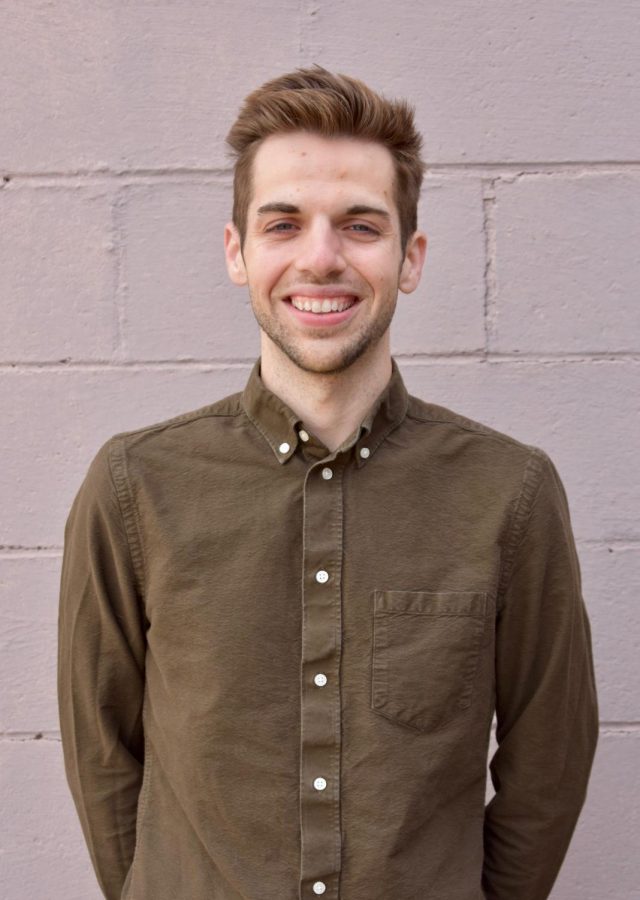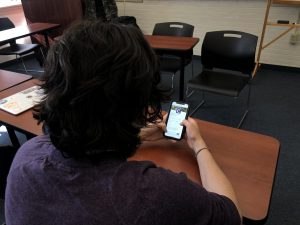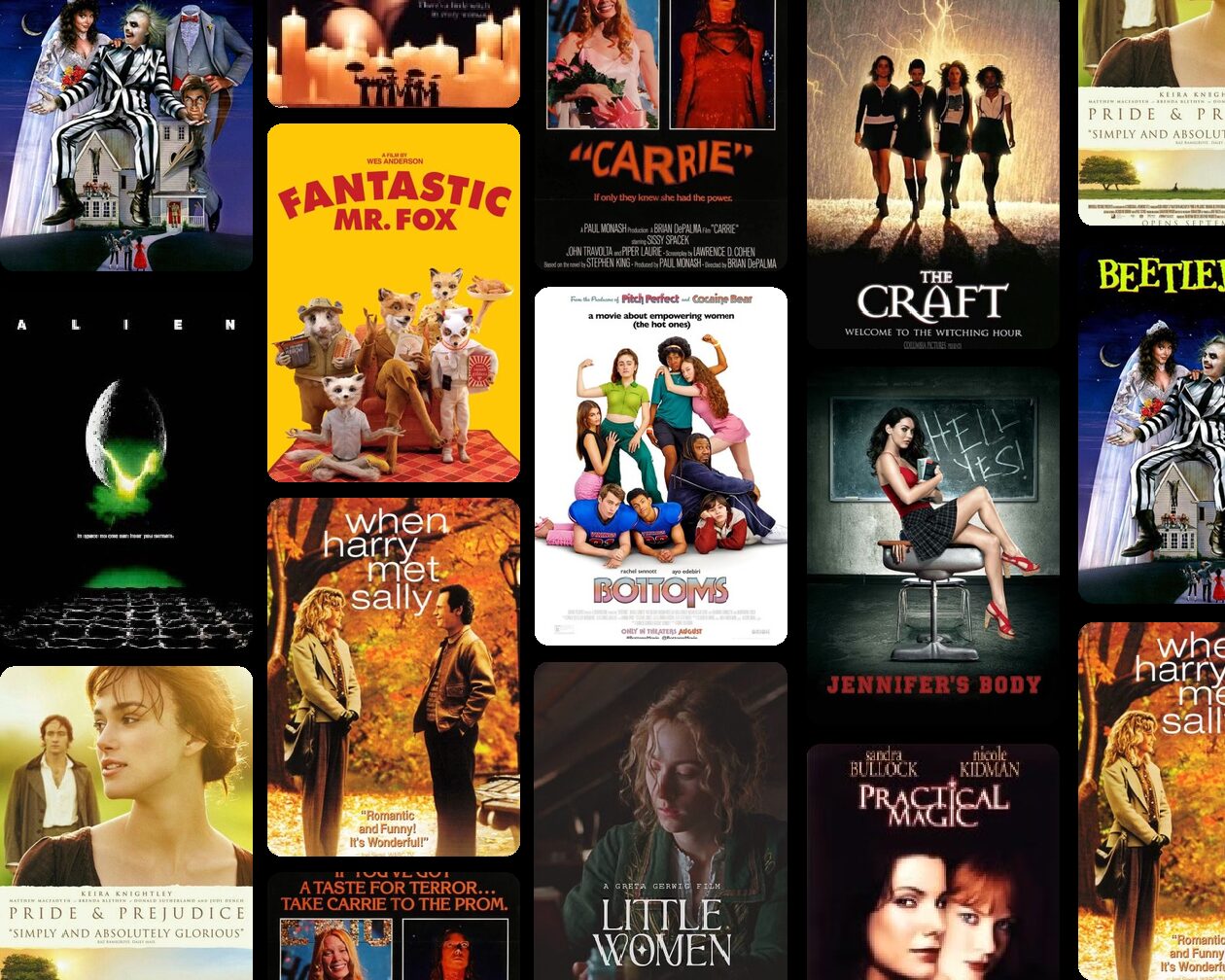Meet Juan Mendizabal, Chatham’s new assistant DEI director
A goal for Mendizabal is introducing Chatham to interfaith initiatives, a grant-funded program that aims to bring together students with different worldviews or spiritualities
Juan Mendizabal is the assistant director for the Office of Diversity, Equity and Inclsion at Chatham University.
September 8, 2021
Chatham University hired earlier this year Juan Mendizabal, a new assistant director for the Office of Diversity, Equity and Inclusion. Mendizabal is an educator who focuses on leadership and social justice work.
Previously, he worked at Appalachian State University as an adjunct professor and the director of leadership education and development.
Mendizabal’s official title here at Chatham is assistant director of interfaith cooperation and diversity, equity and inclusion. That means he will oversee Diversity Dialogues, cultural event planning, the R.I.S.E. (Retain. Involve. Strengthen. Excel.) Mentorship Program and grant-funded interfaith cooperation/worldview pluralism initiatives.
Chatham University offered Mendizabal a new challenge, he said. This is the smallest school he has been able to work with. For Mendizabal, this was something that attracted him to this job.
“When you are working in a larger institution, I think it is harder to build a community or create a feeling of community,” Mendizabal said.
At Chatham, Mendizabal felt he had the chance to really make a difference.
“It is not to say that being on a smaller campus means that that work gets done easier, but just because of the sheer fewer [number] of people you can see the impact of that work quicker,” he added.
Mendizabal is another full-time employee in the department of diversity, equity and inclusion working alongside Dr. Randi Congleton, the office’s vice president. Together, they are able to break up the workload. Congleton will focus on larger strategic plans for the University, while Mendizabal will focus on continuing the programmatic work that Congleton had started.
A goal for Mendizabal is introducing Chatham to interfaith initiatives, a grant-funded program that aims to bring together students with different worldviews or spiritualities and provide them with a community and safe place to express themselves.
In the past few years, some faculty members have worked with the Interfaith Youth Core to create a framework and plan to introduce interfaith programs to Chatham.
“I was the person who was hired to put these plans into action,” Mendizabal said.
He will be training faculty members, as well as starting the program’s first sessions where students will have the chance to voice their views and opinions on faith, interfaith, non-faith and worldviews.
“This event is going to be very powerful as it takes religion and spirituality and positions it in an activist, social justice context,” Mendizabal explained. “Which is exactly why we want interfaith work to be housed in the office of diversity and inclusion, so people don’t forget that faith identity, religious identity and even non-faith identity are not separate from typical DEI conversations.”
Mendizabal, who identifies as a nonreligious queer person, is at the helm of a program that brings people together over faith and non-faith experiences.
“To have a nonreligous queer person in charge of interfaith cooperation efforts is actually a really innovating thing,” Mendizabal said. “Putting people who are on the margins at the center of things that are marginalizing is the way we do this work.”
He hopes to use these interfaith communities to create activism that continues to break those margins.
“This isn’t going to be a movement to exclusively bring religion emphasized on campus. It’s also not to exclude religion either, but it is to say that religious, spiritual and secular identities can all very meaningfully find true belonging in one another on campus,” Mendizabal said. “If the person at the helm of that already has that critical eye, then I hope that makes our students who identify as secular or nonreligious on this campus feel like there’s someone looking after them.”
Mendizabal will hold the first Interfaith event from 11:30 a.m. to 12:30 p.m. Thursday, Sept. 9, in the Jennie King Mellon Library. To learn more or get involved, email Mendizabal at [email protected].







